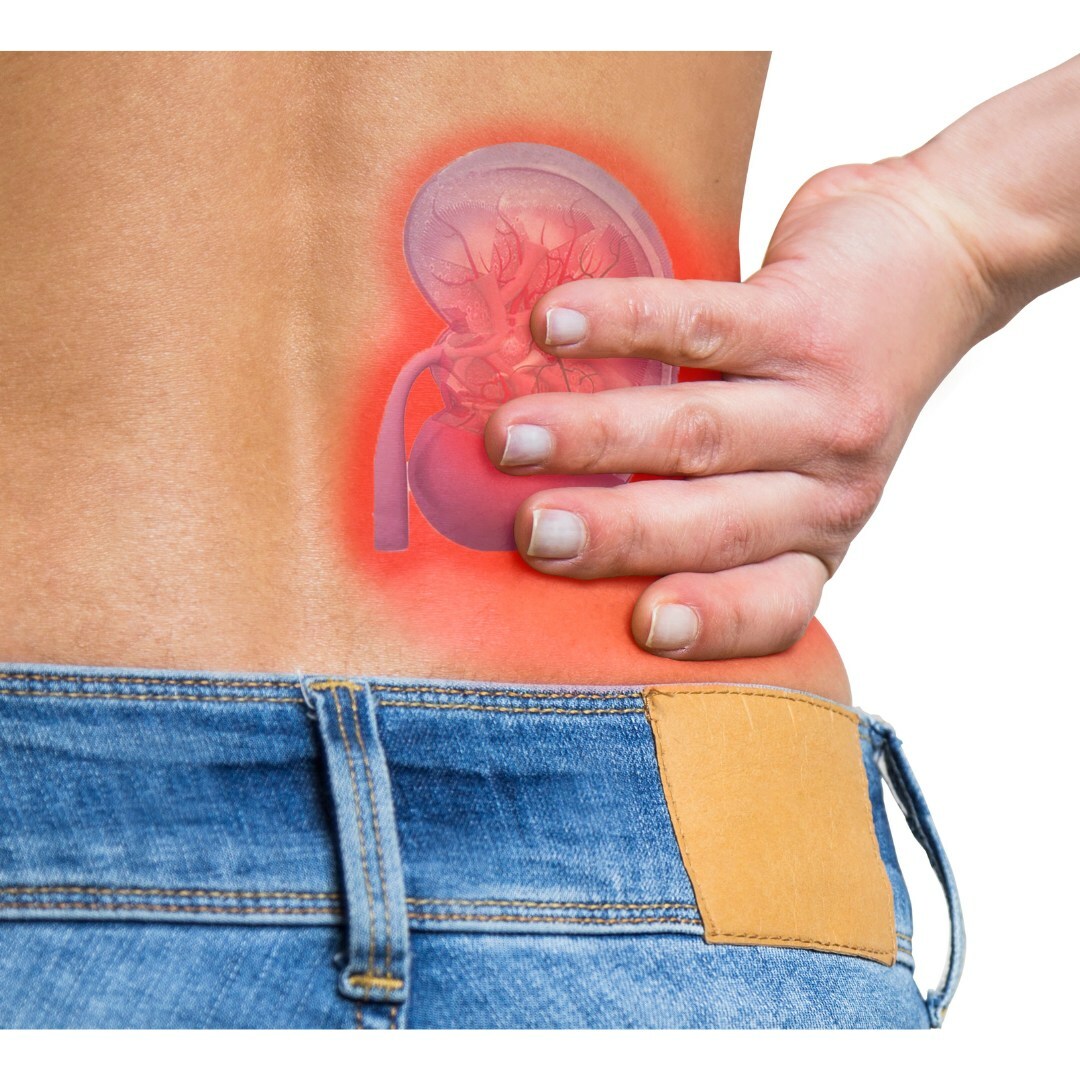
Kidney Stones, AI, and the Journey to Pain-Free Prevention
Kidney stones are not just a painful nuisance — they represent a chronic, recurring issue for millions globally. For numerous patients, managing and preventing kidney stones turns into a lifelong struggle filled with dietary ambiguity, trial-and-error hydration methods, and frustratingly vague guidance from overwhelmed healthcare systems.
As a practicing urologist, I’ve witnessed how challenging this experience can be. However, it wasn’t until my wife experienced her first kidney stone — during what was intended to be a memorable celebration for her 40th birthday — that this issue resonated with me on a deeply personal level. Observing her grapple with pain, uncertainty, and a daunting array of nutritional information highlighted a fundamental challenge patients encounter: prevention is feasible, but the approach is flawed.
The Daily Frustration of Kidney Stone Prevention
Most individuals who have had a stone are advised to “increase water intake,” “reduce sodium,” or “steer clear of high-oxalate foods such as spinach and almonds.” While these suggestions are sound from a medical perspective, they lack the specificity needed for practical, everyday living.
My wife, much like many of my patients, quickly posed the same questions:
– What exactly is safe to eat?
– How much water is sufficient?
– Hold on, aren’t almonds considered healthy? Why should I avoid them?
– Why do different sources provide conflicting information?
Instructing patients to “monitor their diet” without offering clarity is akin to telling someone to “drive carefully” without providing a GPS. Individuals are left to sift through food databases, weigh every bite of their kale salad or drizzle of almond milk, and cross-check conflicting articles — all while trying to organize grocery lists, prepare meals, and maintain a normal life.
Contemporary Problem, Modern Solution: Introducing AI
The encouraging news? We possess the technology to address this.
As artificial intelligence evolved, I recognized that we finally had tools that could transform how we assist patients in preventing kidney stones. AI can now analyze a photo of a meal and calculate nutritional information in real time. Why not leverage that advanced technology to streamline kidney stone prevention?
This insight inspired the development of a novel prevention tool — a kidney stone-specific AI health application designed to empower patients, rather than bewilder them.
What This App Provides:
– Monitors hydration levels, reminds you to drink before time runs out, and adapts based on weather, body weight, and activity level.
– Evaluates meals through images or manual data entry to determine oxalate, calcium, sodium, protein, and fluid content — the primary dietary elements contributing to kidney stone development.
– Delivers real-time feedback and color-coded alerts so you know if today has been a “stone-safe” day or if you’re drifting off course.
– Recommends customized meals and recipes tailored to your risk profile, whether you’re vegan, vegetarian, gluten-free, or following another specialized diet.
– Maintains a digital log of your dietary patterns, known urinary stone type, and urine lab results — enabling you and your provider to make informed prevention choices.
This application originated from my wife’s experience but was constructed with all patients in mind — those striving daily to interpret food labels, prevent recurrence, and regain their sense of tranquility.
The Importance of Prevention (and Why It Works)
Kidney stones aren’t just a one-time occurrence. After experiencing one, your likelihood of developing another within five years can soar to 50%. Yet research clearly indicates that adhering to evidence-based dietary and hydration guidelines can cut recurrence rates by up to half. That’s a significant victory — but only if patients can grasp and follow the recommendations.
For many patients, education by itself falls short. They require guidance, immediate support, and personalized tools that adapt alongside their lifestyle. This is where AI truly shines.
Transforming Pain into Purpose
Seeing my wife’s distress, I came to a realization that many patients are already aware of: being married to a urologist doesn’t simplify the process without the appropriate resources. She needed a knowledgeable partner at her side, a capable co-pilot guiding her toward safety. Now, every patient can have that — without years of medical education or endless searches online.
The digital era introduced us to GPS systems and intelligent assistants. Why are we still relying on spreadsheets and paper logs to manage kidney stones?
It’s time to acknowledge AI as more than a novelty. Indeed, it can create entertaining videos of cats in astronaut outfits. But it can also change lives — preventing pain, safeguarding kidneys, and providing peace of mind.
And that’s a future worth pursuing.
Robert Chan is a board-certified urologist dedicated to patient-focused solutions for urinary health. Discover more at https://drrobertchan.com/.